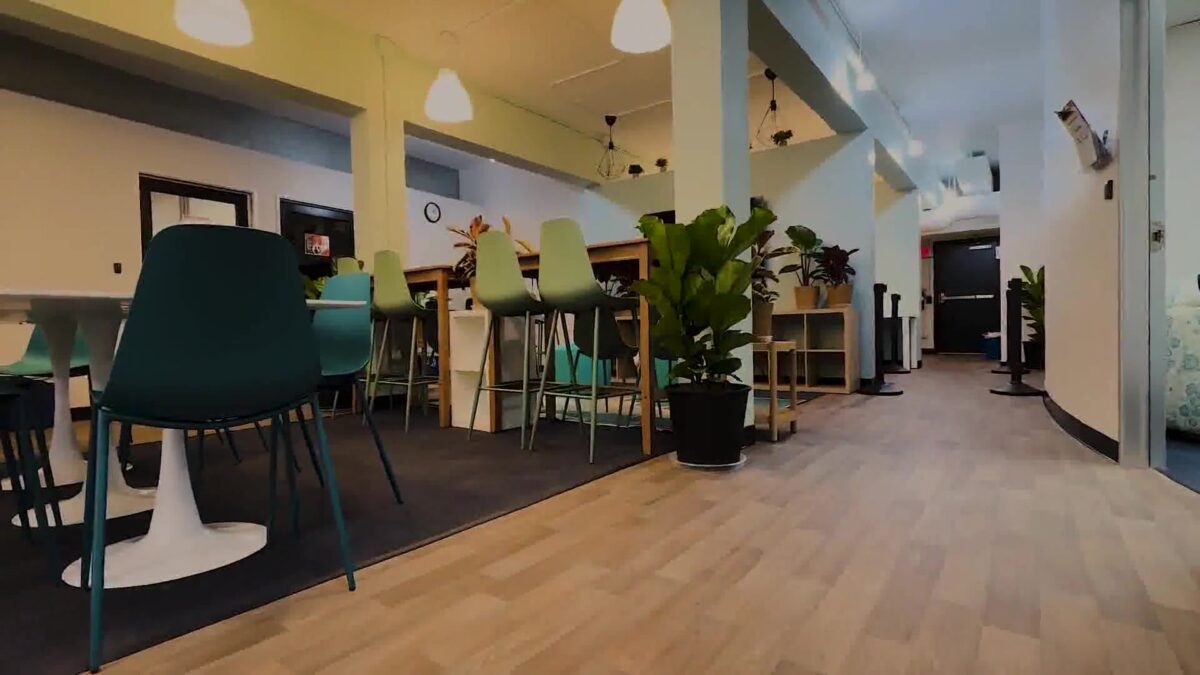Unhoused Residents React to New Rules at FARO Center in Santa Barbara

Patricia Martellotti
SANTA BARBARA, Calif. – For many unhoused residents, accessing services at the Faro Center in Santa Barbara has become difficult.
“I feel it’s kind of another stab of the homeless because we do have to go out and you know look for them,” said unhoused resident Anthony of Santa Barbara.
After complaints from neighbors about loitering, smoking, trespassing, and other issues, the center – located on Chapala Street – changed from offering walk-in services to appointment only.
The center says daily visits have dropped from around 70 to just 20.
Hot meals have been replaced with snack bags, and the syringe program has ended.
for those without a referral, there’s confusion and uncertainty about who can get in and when.
“I wish I could gain access between 12 and 3. But there was a time when there were occasionally open till five that’s perfect for me,” said unhoused resident Wilfred of Santa Barbara.
“For example, it’s half the time you have to make an appointment and if you have someone who would just go there to charge their cell phone and take a nap. people can’t do that … so it’s pretty much about half of what it used to be,” said Anthony.
City Net is now helping residents navigate the new system.
“We provide outreach to the community to set up appointments for SB Act and the Faro Center … we have a full-time case manager here … is scheduled by appointments one by one to be able to help him with documents, ID, social security card … any information we can to help them get off the streets,” said regional program supervisor Al Ortiz of City Net.
City Net plans to continue helping those in need of appointments at the faro center.
For now, residents are doing their best to get by under the new system.
“The Faro Center is still the best in town for homelessness … even now,” said Anthony.
The FARO Center in Santa Barbara has rolled out major changes this month, sparking concern among homeless residents and service providers.
As of August 1, the center shifted to an appointment-only model under direction from the City of Santa Barbara. The change has sharply reduced daily visits — from about 70 people a day to roughly 20. Guests must now be referred by a service provider or government agency, or have a scheduled appointment before walking through the doors.
Along with the shift in access, several core services have been cut back. Hot meals are no longer served, replaced instead with snack bags. The syringe safety program has ended. New expectations and guidelines for clients are now in place, while daytime security continues onsite.
Some homeless residents say the new structure makes it harder to get help.
Non-profit City Net is assisting people in navigating the referral process, but frustrations remain. “It’s tough for someone living on the street to manage appointments,” one outreach worker explained.
SB ACT, which has operated FARO since its opening in 2023, acknowledged that serving fewer people each day is difficult but says the commitment to guests has not changed. “Every person who comes in still receives the same care, respect, and welcome that have always defined FARO,” said Executive Director Rich Sander in a letter to supporters.
According to SB ACT, the center has welcomed nearly 1,300 unique guests in its first year and helped 101 people move into housing, with many more connected to behavioral health care, workforce training, and other services.
Looking ahead, the city plans to issue a Request for Proposals to determine which organization will run FARO moving forward. SB ACT says it will apply, stressing that continuity of care and trust with clients are key.
For now, the changes have left many unhoused residents uncertain about what comes next.
The Latest Breaking News, Weather Alerts, Sports and More Anytime On Our Mobile Apps. Keep Up With the Latest Articles by Signing Up for the News Channel 3-12 Newsletter.